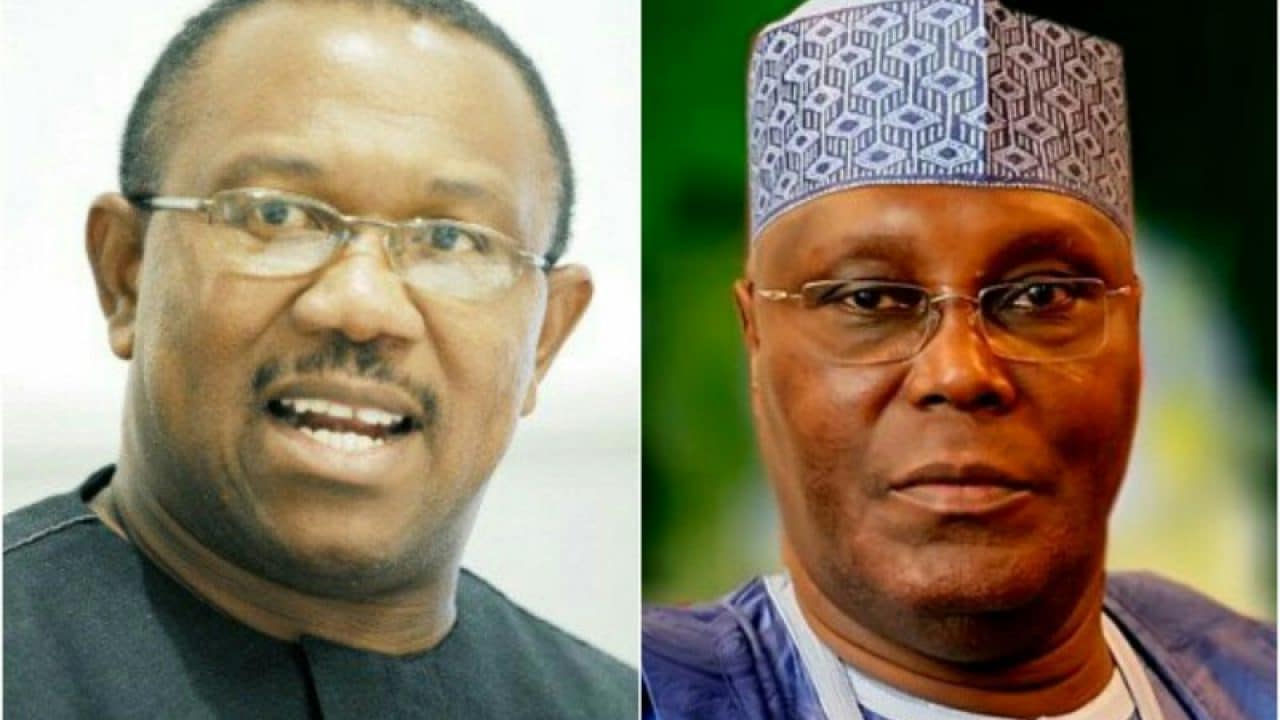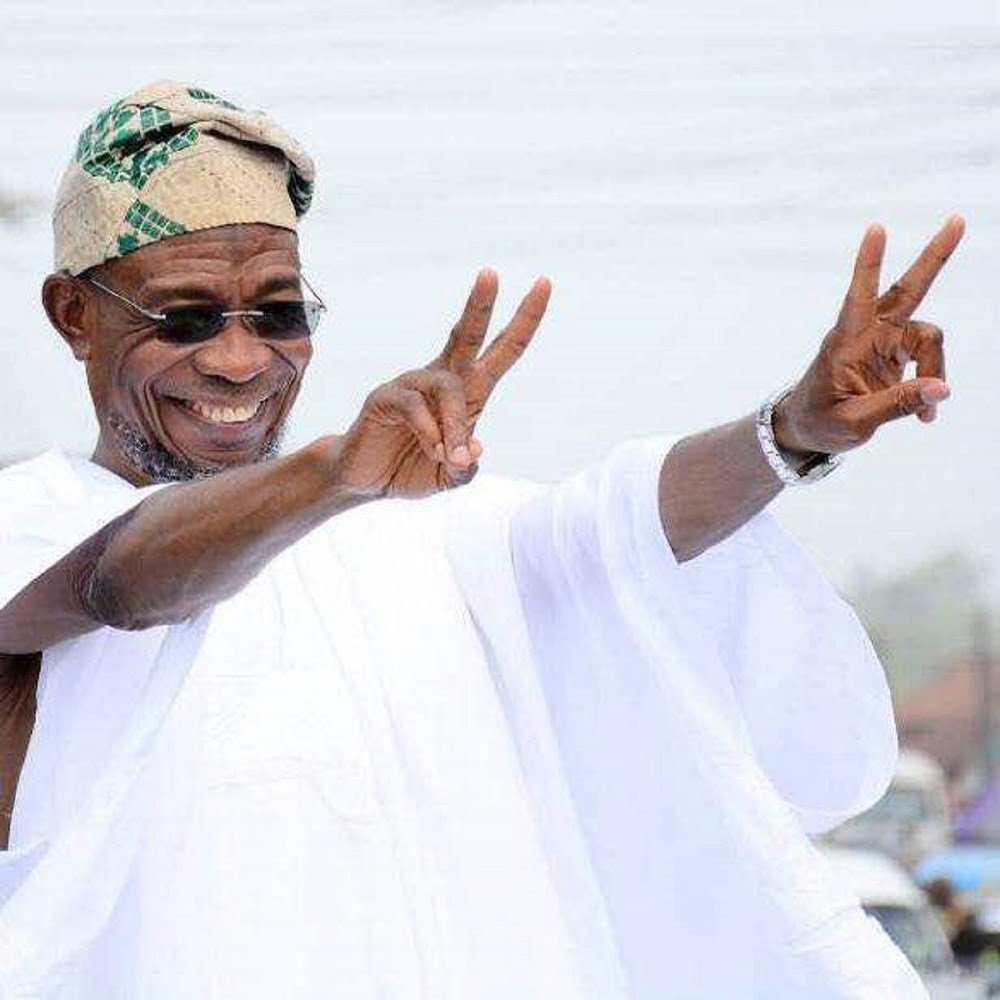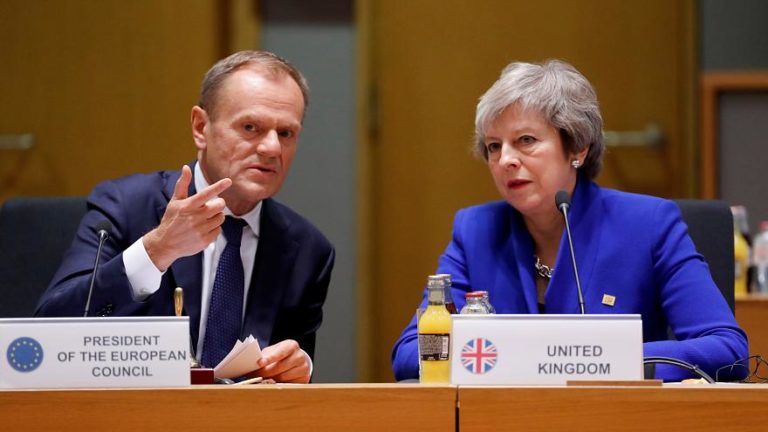As Nigeria edges closer to the 2027 presidential election, political stakeholders are dismissing any proposed alliance between former PDP presidential candidate, Atiku Abubakar, and Labour Party’s Peter Obi. These stakeholders argue that Atiku’s ambitions are too inordinate for any coalition that could challenge President Bola Tinubu’s leadership.
Since the 2023 election, both the Peoples Democratic Party (PDP) and Labour Party (LP) have been mired in internal leadership crises, making any proposed coalition challenging. Factions within both parties are battling for control, with the PDP’s leadership in turmoil and similar scenarios unfolding in the Labour Party. The New Nigeria Peoples Party (NNPP) also faces internal disruptions, highlighted by the suspension of key party figures in Kano State, further complicating any potential alliance.
Despite recent reports of discussions between Atiku, Obi, and NNPP leader Rabiu Kwankwaso about forming a new political coalition, skepticism remains high. A proposed merger has been hinted at by political scientist Pat Utomi, who claimed that these figures are discussing a united front to unseat Tinubu in 2027. However, this claim was met with ridicule by APC National Publicity Secretary, Felix Morka, who described it as “delusional.”
Opposition Leaders in Discussion, But Serious Doubts Persist
Atiku’s Special Adviser on Media and Publicity, Paul Ibe, confirmed ongoing discussions among opposition leaders but noted that these talks remain out of public view. Ibe asserted that the leaders are committed to forming a united front to challenge the current administration, emphasizing the importance of the alliance.
However, Katchi Ononuju, Director General of the Heritage Centre, dismissed the likelihood of a merger, noting that internal crises within the PDP and LP prevent meaningful coalition discussions. He claimed that only Kwankwaso had expressed interest in working with Obi, but Atiku’s involvement remains clouded by his “inordinate ambition.”
Atiku’s Ambition Alienates Potential Allies
Ononuju argued that Atiku’s overwhelming ambition has made it difficult for potential allies like Kwankwaso or Obi to take him seriously. He emphasized that Atiku’s reluctance to step aside for a Southern candidate, following the completion of Buhari’s presidency, has fractured the opposition and contributed to the current political disarray. Ononuju asserted that neither Obi nor Kwankwaso would be willing to work under Atiku’s leadership, particularly if Atiku refuses to acknowledge the South’s desire for inclusion.
He further criticized Atiku’s role in the PDP’s internal breakdown, blaming him for the divisions that have weakened the party’s ability to mount a credible opposition. Ononuju concluded that Atiku’s past political maneuvers, particularly his role in ousting former President Goodluck Jonathan, demonstrate a pattern of miscalculation that undermines his potential for future leadership.
Peter Obi Unlikely to Align with Atiku
Ononuju firmly stated that Peter Obi would never agree to serve as Atiku’s vice president in any potential coalition. He also highlighted that any merger discussions should involve younger candidates from the South, emphasizing that Atiku’s insistence on leading will prevent any successful alliance.
No Hope for a Successful Coalition Against Tinubu’s Alignment
In contrast, activist lawyer Deji Adeyanju argued that no opposition coalition could succeed in toppling Tinubu’s political alignment in 2027. He dismissed the need for a merger, citing Tinubu’s influence and control over Nigeria’s electoral landscape. According to Adeyanju, the opposition missed their chance in 2023 when they failed to unite, allowing Tinubu to secure victory through a divided opposition.
Adeyanju concluded that any proposed merger would be futile against Tinubu’s “babalawo” (influence) over the election process, noting that the opposition should instead focus on entertaining their supporters rather than trying to unite in an ineffective coalition.







2 Comments